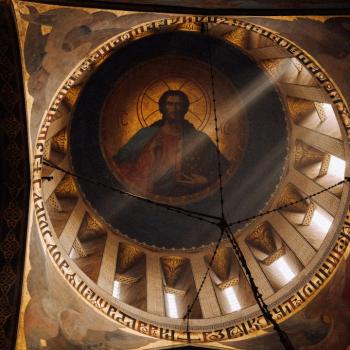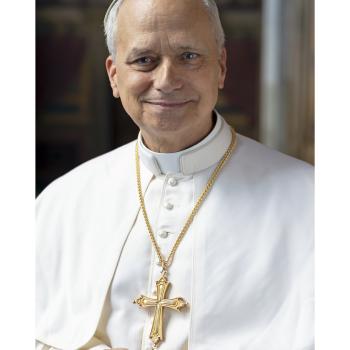Artificial intelligence is a hot topic and Pope Francis has spoken about it frequently lately. The Italian Prime Minister, Giorgia Meloni, announced that Pope Francis will participate in the upcoming meeting of the G7 nations to speak about the issue of AI. It might surprise us that the Pope will be speaking there. This will be the first time that a Pope participates in the work of the G7. To justify his presence, Giorgia Meloni cited the example of Pope John Paul II.
What is the G7 and why is the Pope getting involved?
The G7 is an informal meeting of seven countries with advanced economies. Heads of State from Italy, Canada, France, Germany, Japan, the United Kingdom, and the United States of America come together regularly to discuss matters of interest to all of them in order to shape the world economy. The upcoming meeting in Puglia, Italy, will discuss the Global South. Among other issues, they plan to discuss artificial intelligence.
Pope Francis and Artificial Intelligence
Pope Francis dedicated his 2024 World Day of Peace Message to the topic of artificial intelligence. He highlighted the role of science and technology to achieve peace. Already, the Second Vatican Council recognized explicitly the role that scientific progress has played in promoting world peace and the advancement of peoples.
We rightly rejoice and give thanks for the impressive achievements of science and technology, as a result of which countless ills that formerly plagued human life and caused great suffering have been remedied (Pope Francis, 2024 World Day of Peace Message).
At the same time that he recognized the role of scientific progress, he warned about the possibility that science and technology can be misused in such a way that are incongruent with human good, placing too much control over nature into the hands of human beings, risking our very survival.

He tried to propose a hopeful attitude towards artificial intelligence. At the same time, he highlighted possible risks. We cannot discuss the morality of artificial intelligence until we are clear about the actual meaning of “artificial intelligence.”
To date, there is no single definition of artificial intelligence in the world of science and technology. The term itself, which by now has entered into everyday parlance, embraces a variety of sciences, theories and techniques aimed at making machines reproduce or imitate in their functioning the cognitive abilities of human beings. (Pope Francis, 2024 World Day of Peace Message).
Scientific progress and advancing technology require ethical decisions. We cannot decide looking exclusively at one population or economic interests. Pope Francis joins in his judgment a growing number of persons who are concerned about the future of artificial intelligence and who believe that governments must step in to regulate this new reality. One Vatican organization has already dedicated time and energy to the question of ethics regarding artificial intelligence.
Vatican and Artificial Intelligence
In February of 2020, the Pontifical Academy for Life participated in the “Call for AI Ethics” and discussed topics regarding artificial intelligence and ethics.
The Pontifical Academy for Life, Microsoft, IBM, FAO, the Italian Ministry of Innovation (part of the Italian Government), signed as first the “Call for an AI Ethics”, a document developed to support an ethical approach to AI and promote a sense of responsibility among organizations, governments, institutions and the private sector with the aim to create a future in which digital innovation and technological progress serve human genius and creativity and not their gradual replacement. (RenAIssance Foundation, “What is the Matter with AI Ethics?”).
They identified three areas of impact and six principles to guide ethical considerations of artificial intelligence going forward. The six principles are transparency, inclusion, accountability, impartiality, reliability, and security and privacy. While these principles seem worthwhile, they still seem subject to interpretation. For example, it seems difficult to promise impartiality.
People tend to perceive artificial intelligence algorithms as objective, secure and impartial, but AI algorithms are a product of human design, so they often inherit our mistakes and biases (Lucia Vicente and Helena Matute, “Humans inherit artificial intelligence biases”).
While as Catholics, we can help to shape the ethical discussion, we must be careful to not overplay our hand. It is always hard to navigate the territory of new ideas and concepts.
Difficulty of New Fields of Knowledge
It seems clear that the Church should remind the world of applicable ethics regarding new technologies such as artificial intelligence. At the same time, it is important that real experts in the field, as well as ethicists and moral theologians, contribute their ideas so that the Church’s judgments are clear and in line with the actual science in the field. As Pope Francis noted in his World Day of Peace Message, there is still no fixed definition of the term “artificial intelligence.” The Church must walk a fine line between making formal pronouncements too quickly that do not respect the data and waiting too long and becoming irrelevant.
What do you think? Has the Church gone too far in making these declarations? Has the Church gone far enough? Comment below.
Subscribe to the newsletter to never miss an article.













